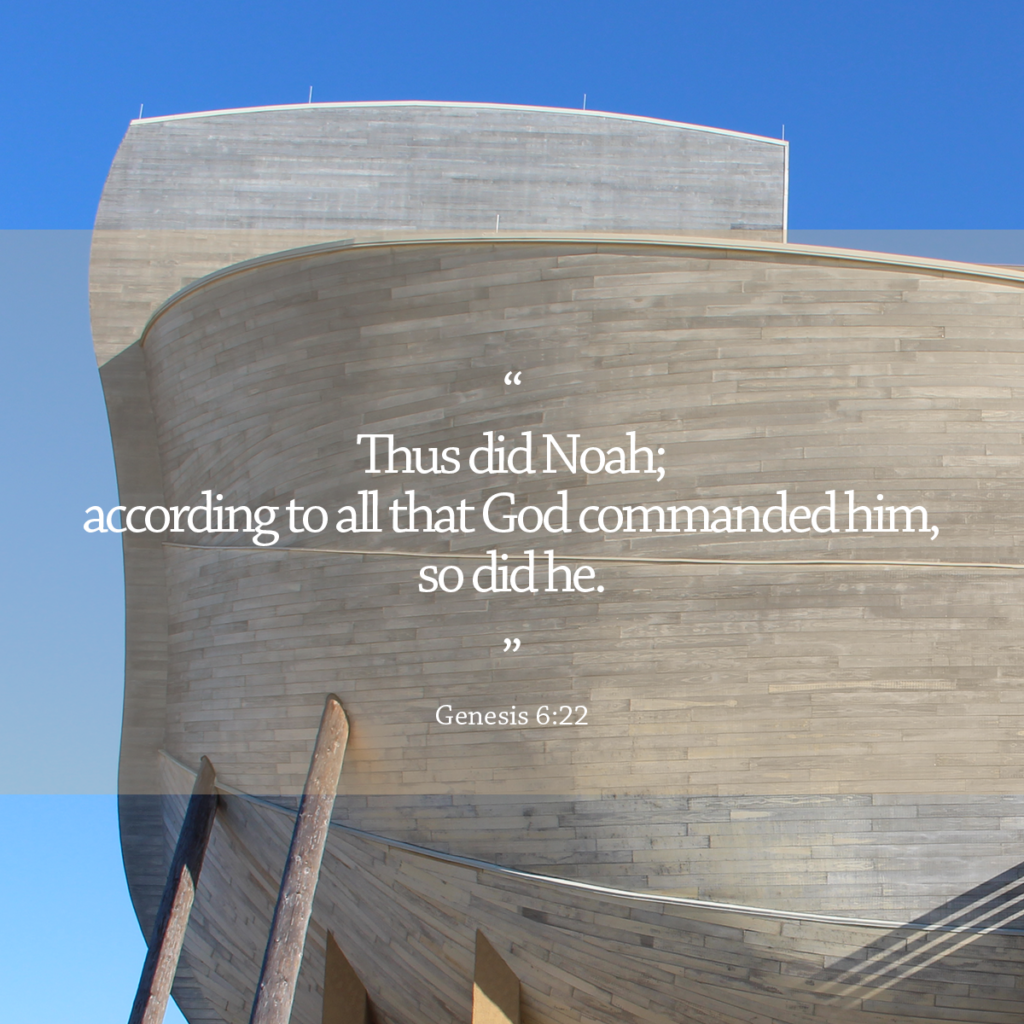Lies the devil tells us
Written by H, Posted in Christian Living, Published Work

Since the Garden of Eden, the devil’s tactics have remained the same. Too frequently, we believe the lies the devil tells us.
Isolation is one of the devil’s lies
Satan doesn’t want us to be part of a church community or communicating openly. Guaranteed that whatever we feel, there are others who can relate. This is challenging to remember, especially during times of distress. “Fear thou not; for I am with thee:” God promises (Isaiah 41:10). In the valley of the shadow of death, He is with us (Psalm 23:4). When we are brokenhearted, He is with us (Psalm 34:18). When we are acting foolishly, He is with us (Psalm 73:23). When we can’t find our way, He is with us (Psalm 139:11). We are not alone.
Satan would love for us to believe that we are alone
Satan would love for us to believe that we are alone, and he also wants us to feel ashamed. He doesn’t want us to share our feelings or to accept God’s grace. Shame is another of the devil’s lies. Satan would have us forever carry around the weight of our past sins, of our regrets, of that thing that happened so long ago that we wish no one would find out about. But God, He’s not a God of shame; He’s a God of saving grace! “For the LORD GOD will help me; therefore shall I not be confounded: therefore have I set my face like a flint, and I know that I shall not be ashamed.” (Isaiah 50:7). As our Saviour, Christ removes our shame. “Yea, let none that wait on thee be ashamed: let them be ashamed which transgress without cause.” (Psalm 25:3).
The devil will tell you that no one understands
Another lie Satan wants us to believe is that no one understands us. No one else gets it. Like feeling alone, feeling like no one understands us is another attempt from the devil to hinder our walk with God. But God, He does understand. “Thou understandest my thought afar off.” (Psalm 139:2). God understands far more about us than we do about ourselves! Psalm 139 is a beautiful reminder of this. Truly, as Isaiah wrote, “Hast thou not known? Hast thou not heard, that the everlasting God, the LORD, the Creator of the ends of the earth, fainteth not, neither is weary? There is no searching of his understanding.”
Pessimism is another tactic from the devil’s toolkit
It’s easy to become discouraged when we hear about persecution, viruses spreading, and countries at war. The devil would love to see us quit. Too often we allow our discouragement to change our outlook. We are called to press on. We are called to victory! Paul wrote in 1 Corinthians 15:57-58, “But thanks be to God, which giveth us the victory through our Lord Jesus Christ. Therefore, my beloved brethren, be ye steadfast, unmoveable, always abounding in the work of the Lord, forasmuch as ye know that your labour is not in vain in the Lord.” We are to be always abounding in the work of the Lord, not giving up because we don’t think we can make a difference. We must not believe the lies the devil tells us. As C.S. Lewis said, “Readers are advised to remember that the devil is a liar.”











![False friends or counterfeit kindness; whatever you want to call it, the world is filled with people who will say one thing to your face and then another behind your back; people who will woo you in order to get something from you.
It’s sad, but it’s true.
The Bible provides us with examples from Joab to Judas, and yet, we’re surprised when we find ourselves deceived and hurt by someone else.
So what are some of the hallmarks of a true friend?
You can read more about this on hopereflected.com [Link in profile]
.
.
.
#friends #friendship #kindness #counterfeitkindness #hurt #proverbs #truefriends #hopereflected #blog #blogpost](https://www.hopereflected.com/wp-content/uploads/sb-instagram-feed-images/449706348_821856496555359_1005859112988535385_n.heicfull.jpg)




 When you’re playing a board game, a good tu
When you’re playing a board game, a good tu![💞 When you’re playing a board game, a good turn is not just good for you; it helps all the players in the game to move forward.
💞 And while in life there are certainly times when showing others a good turn is the very last thing that we are inclined to do—especially during the moment after their turn where they’ve just stirred up frustration and strife—forbearing with others is essential to help us move forward.
💞 On his interpretation of “forbearing one another,” (Colossians 3:13), Matthew Henry wrote that “We have all of us something which needs to be borne with, and this is a good reason why we should bear with others in what is disagreeable to us. We need the same good turn from others which we are bound to show them.”
💞 Read more of "An unlikely source" on hopereflected.com [Link in profile]](https://www.hopereflected.com/wp-content/uploads/sb-instagram-feed-images/442169665_444889921455267_2676883320014521441_n.heicfull.jpg)

![In his letter to the Church at Colossae, Paul provided admonition to believers because they were falling into error due to false teaching and wrong living. In this verse, Paul provides practical instruction for anyone dealing with present and past wrongs—we are to forbear and to forgive.
“Forbearing one another, and forgiving one another; if any man have a quarrel against any: even as Christ forgave you, so also do ye” (Colossians 3:13).
You can read more of my column, "An unlikely source" on hopereflected.com [link's in profile]
.
.
.
#forgive #forgiveness #forgiving #forbearance #colossians #Biblequotes #blog #hopereflected](https://www.hopereflected.com/wp-content/uploads/sb-instagram-feed-images/441041322_469468412087116_7164956502939499772_n.heicfull.jpg)